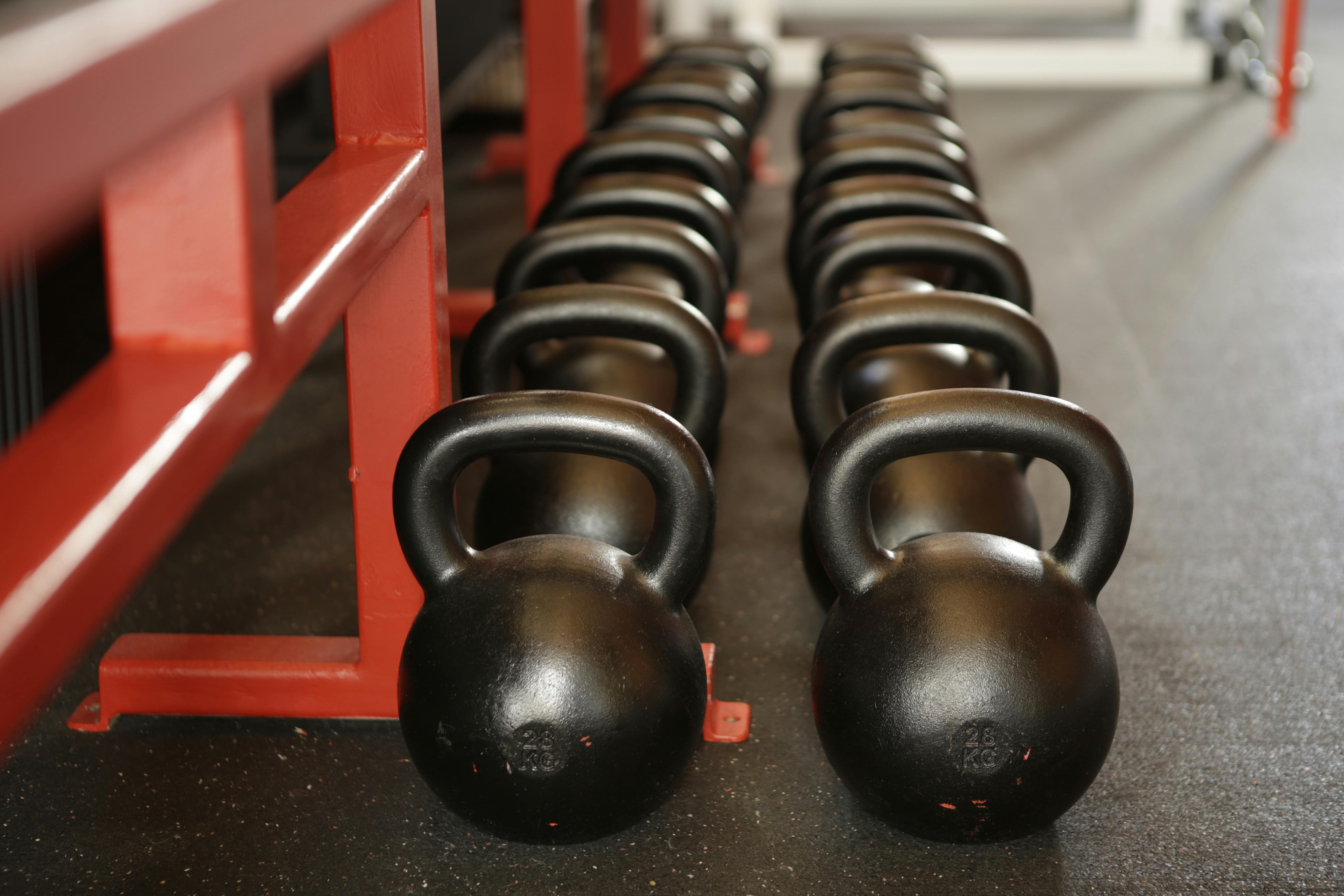Every school-age child is imbued with a history of the American Revolution that glorifies the great political, military, and social achievements of the famous founding fathers. We learn that George Washington; The Father of the United States was a great military, peasant, political leader and stoic face of the revolutionary movement. Benjamin Franklin was a self-made inventor, publisher, diplomat, millionaire, and fearlessly wise man. John Adams was a wonderful storyteller, writer, philosopher, and fearless leader.
While we know a lot about these and many other great pioneering founders, we have lost much knowledge of the flavor and the contributions they made to the improvements of everyday life in the colonial era. And consequently, we have lost an example that can be so easily transferred to our modern world. These amazing men invented and improved according to the needs they faced in a pre-industrial age.
Washington, for example, was a wonderful brewmaster and produced much-desired whiskey. He marketed his beer very profitably and was highly admired in Europe for the quality of his grain whiskey. His bartering with European merchants for commercial goods was one of the earliest examples of ongoing international trade between the colonies and Europe.
Of the famous men of the revolution, however, none was as compelling, diverse, comprehensive, and brilliant as Thomas Jefferson; farmer, educator, statesman, politician, and practical inventor. We know that Jefferson was the founder of the University of Virginia, principal writer of the Declaration of Independence, Secretary of State, two-term president, and builder of Monticello. Today he is mostly forgotten as an inventor. And yet Jefferson’s contributions as an inventor were more significant in his time and a wonderful example applicable to our day.
Thomas Jefferson created products, inventions, and improvements based on the practical needs of his environment. As a dedicated and studious farmer, he was constantly looking to improve crop yields. During his diplomatic work in Europe, he was introduced to the Dutch mold board plow. When he saw the device in use, he noticed that it was unwieldy and not as utilitarian as it should be. However, he saw the germ of an idea and worked to improve it. The result was the redesigned lower strength mold board plow. This advanced plow enabled 18th century farmers to plow the land more deeply, more easily, and conserve valuable seeds, thereby increasing crop yields and profitability.
While serving as secretary of state, Jefferson was upset by the necessity and difficulty of keeping diplomatic and military secrets. His answer was the ingenious Wheel Cipher. Made of wood, with 26 rotating bands (one for each letter of the alphabet), it became the world’s most advanced method of transporting and protecting state secrets.
A visitor to Monticello is exposed to several of Thomas Jefferson’s more practical inventions; many in use to this day. The Great Clock, invented without a minute hand, is still on display. To set the clock, Jefferson invented a folding ladder, which is still used around the world in libraries. He invented a great sundial that is still an engineering marvel. The beds in the house are cleverly hung on ropes that allowed them to be raised and lowered to increase living space when not in use. There is a dumbwaiter on both sides of the large fireplace in the living room. These were used for the servants to send wine and food without physically appearing.
As a man of the pen, Jefferson was reading continuously, in his deepest thoughts and preferred to work in silence. To facilitate his work habits, he created the swivel chair as a means of maximizing his productivity. The ability to rotate, which we take for granted today, was revolutionary and allowed the user to access multiple workspaces and additional material from a single point of control.
The rotating lectern was a similar invention. This ingeniously simple device allowed Jefferson to work with multiple books and reference materials simultaneously from a rotating multi-slanted shelf stand. The ability to convincingly study and compare literature in a timely manner is again something we take for granted, but it was a major improvement in the 18th century.
Thomas Jefferson was particularly proud of the portable copy press that he designed. This small and unobtrusive press allowed him to make multiple copies of important documents while traveling Europe as a diplomat. People were amazed at the ease and functionality of the machine. Almost as famous as Portable Copy Press was the custom travel case for transporting the unit. It was essentially the first portable office with compartments for pens, ink, a variety of supplies, and even a sleeping cup.
The genius of Thomas Jefferson, and many of his contemporaries, was his ability to create practical devices that improved his circumstances and those of his society. The created things they needed. Profit was not his main motivation. They were driven by the need for more functional products that would enhance their ability to be more productive.
This is advice that I give almost daily in my consulting business. Many people dream of inventing the next Post-It Note, paper cutter, zipper, or play dough. The successful inventors, entrepreneurs, and small businesses that I have worked with are always successful because they respond to a need by providing a product or service with better features and benefits. Invariably, these breakthroughs come from the experience of a lifetime, whether it’s at work, in the hobby, or at home.
Focusing on what each of us knows and experiences on a daily basis is the best path to business business success. Washington, Franklin, and Jefferson invented things of value to their world. That model works just as well today.
Feel free to contact me to discuss this article or a project you may be considering. The opportunity to be successful as an entrepreneur has never been greater. Learn the lessons of history. Contact the author, Geoff Ficke at http://www.DuquesaMarketing.com, 407 260 1127 for a free, no-obligation consultation.



